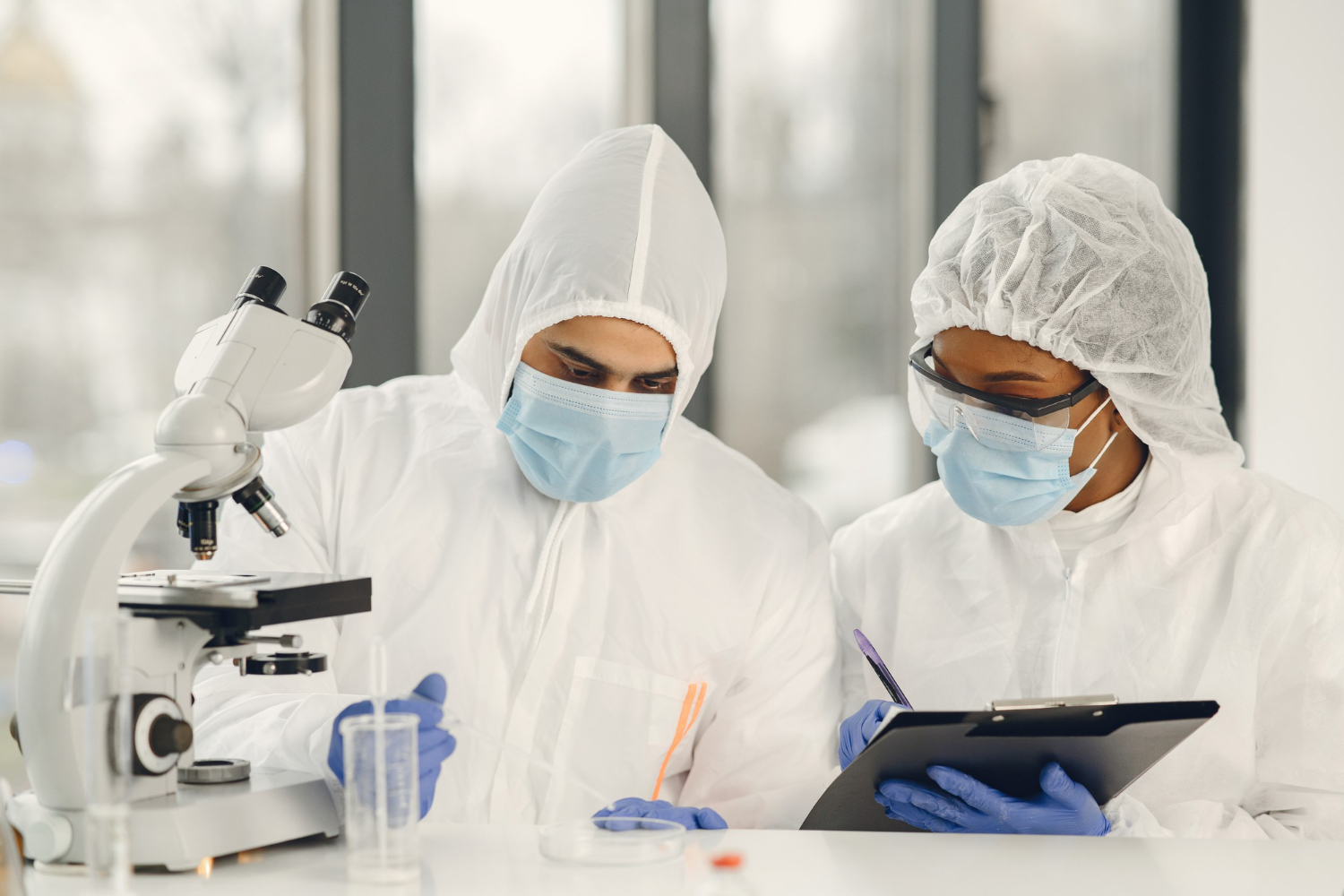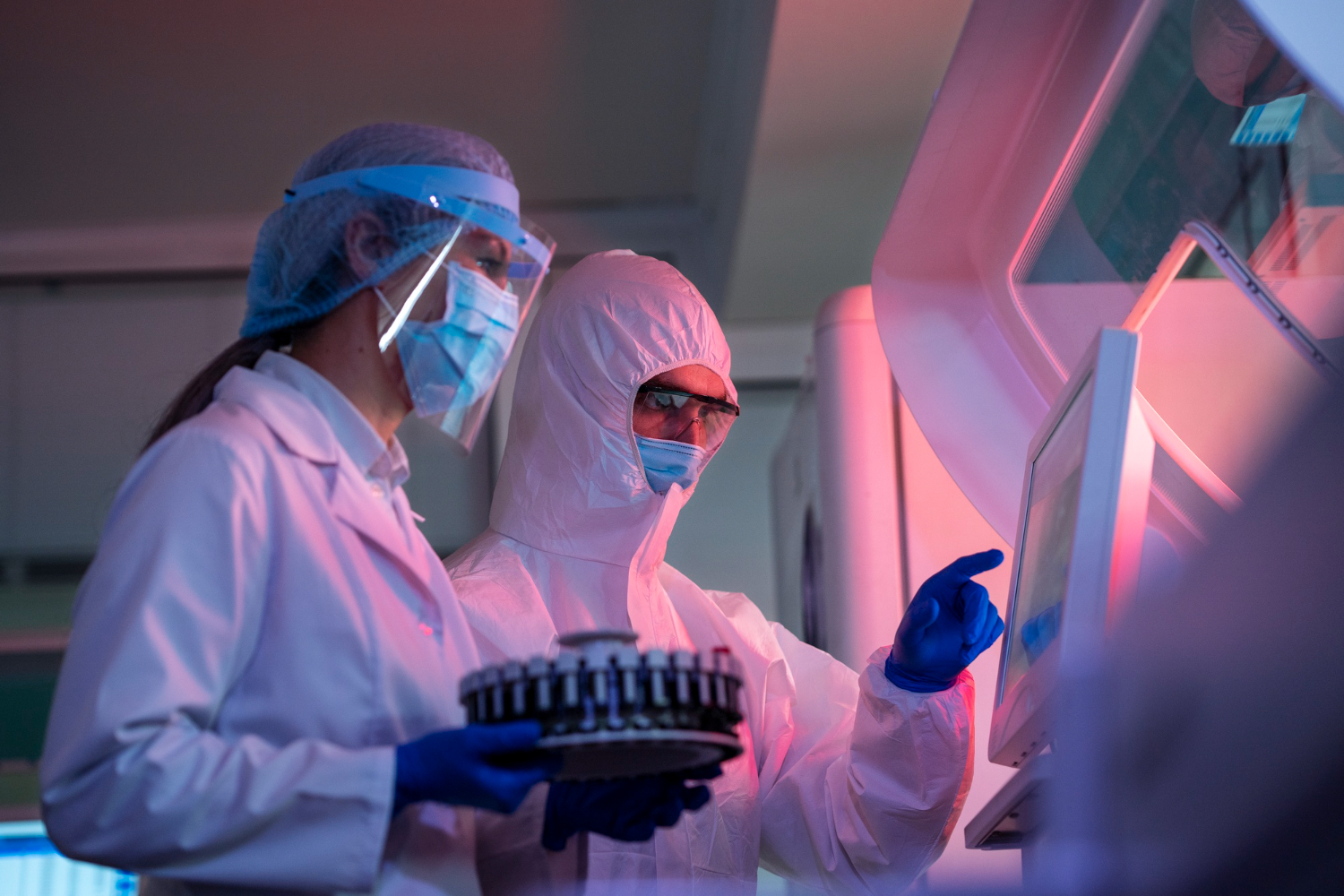In the field of biomedical engineering, teamwork in engineering has become a crucial factor in achieving scientific advancements and innovations that contribute to improving healthcare quality and developing medical technologies. The rapid progress in this domain can only be realized through effective collaboration among experts from various disciplines, including medicine, engineering, computational sciences, and biology. This article explores the significance of teamwork in biomedical engineering projects.
Key Aspects of Teamwork in Biomedical Engineering Projects
The biomedical engineering sector faces complex challenges that require a deep and integrated knowledge base. Given the intricate nature of medical and technological problems, teamwork in engineering is essential, bringing together specialized minds to develop innovative and sustainable solutions. In this context, teamwork plays a pivotal role in enhancing decision-making processes, data analysis, and the development of computational models that assist in predicting treatment pathways and identifying factors affecting the performance of medical devices.

By combining diverse expertise and skills, teams can exchange ideas and theories, leading to a deeper understanding of the issues at hand and providing comprehensive solutions that go beyond individual expertise. For this reason, teamwork in engineering remains a fundamental pillar of success in biomedical research and development projects.
1) Enhancing Knowledge and Expertise Sharing
Teamwork in engineering enables knowledge exchange among team members, with each individual bringing unique experiences and skills that complement one another. For instance, software engineers collaborate closely with doctors and biological researchers to analyze medical data and design advanced treatment solutions. This diversity in expertise strengthens the team’s ability to understand problems from multiple perspectives and develop well-rounded, effective solutions.
You can also get acquainted with: Effective Communication Skills for Biomedical Engineers
2) Accelerating the pace of innovation and development
When a team works together, it can adopt innovative thinking approaches that combine advanced computational models, statistical analysis, and technological innovation. Studies have shown that teamwork in engineering accelerates the pace of innovation by fostering the interaction of diverse ideas within a single environment. This leads to the development of new technologies in a shorter time and with higher efficiency.
3) Enhancing Decision-Making Processes
Through regular meetings and consultations among team members, decision-making becomes more precise, based on scientific data and a comprehensive analysis of problems. This continuous interaction among different specialties ensures that decisions are well-studied and grounded in a broad perspective, helping to minimize errors and achieve optimal outcomes in biomedical projects.

4) Strengthening Analytical and Predictive Capabilities
Computational models play a crucial role in biomedical engineering projects by analyzing large and complex data sets. Here, teamwork in engineering truly shines, as it enables the integration of computational model results with human expertise to provide accurate recommendations. This synergy between computational analysis and human insight helps develop powerful predictive tools that improve disease diagnosis and treatment selection with greater efficiency.
5) Creating an Inspiring and Collaborative Work Environment
A collaborative and interactive work environment is one of the key factors in the success of engineering projects. When team members feel that their opinions are valued and their contributions matter, they are motivated to give their best. Teamwork in engineering fosters a culture of trust and mutual respect, enhancing team spirit and leading to groundbreaking results.
Applications of Teamwork in Engineering for Biomedical Innovations
Collaboration is the foundation of various biomedical engineering applications, enabling the integration of multiple disciplines to achieve optimal results. Multidisciplinary teams tackle complex medical challenges by sharing knowledge and utilizing modern technology. Below are some key applications that highlight the significance of teamwork in engineering within this field.

Medical Device Design
Developing a new medical device requires expertise from various fields, from engineering design to clinical testing. A collaborative team works together to:
- Analyze User Needs: Gathering insights from doctors and patients to ensure the device meets practical medical requirements.
- Develop Prototypes: Engineers and designers collaborate to create and test initial prototypes.
- Refine and Improve: The team reviews test results, identifies weaknesses, and enhances the device based on feedback.
Research and Development in Biotechnologies
Biomedical research projects rely on multidisciplinary teams working together to develop innovative solutions for complex medical challenges. For instance:
- Artificial Intelligence and Data Analysis: Data scientists collaborate with software engineers to create algorithms that analyze patient data and predict disease progression.
- Medical Imaging: Medical imaging specialists work with engineers to enhance imaging technologies and improve diagnostic accuracy.

Managing Complex Medical Projects
Managing biomedical projects is one of the most complex tasks, requiring high-level coordination among all team members. Through teamwork in engineering, responsibilities can be clearly defined, tasks efficiently distributed, and overall project performance optimized while minimizing time and resource waste. This effective coordination contributes to:
- Achieving Research Goals: By tracking progress and conducting regular evaluations.
- Enhancing Communication: Ensuring continuous information exchange and project updates.
- Risk Management: Anticipating challenges and implementing preventive measures before they escalate.
You can read more about: The Importance of Sales Skills for Biomedical Engineers and How to Master Them
In conclusion, Innovation and progress in biomedical engineering are impossible without a collaborative environment that supports knowledge exchange and shared expertise. The integration of different specialties plays a key role in developing more efficient medical solutions and enhancing healthcare quality. This is where HSI, placing teamwork in engineering at the core of its mission to advance professionals in biomedical engineering through specialized training programs and advanced healthcare solutions.
HSI offers a comprehensive range of training programs designed to equip professionals with essential skills and knowledge to excel in the field, from medical device design to healthcare software development and health system management. Additionally, HSI provides expert consulting services to assist individuals and organizations in achieving their professional goals and making a meaningful impact in the healthcare industry. If you aspire to elevate your career in biomedical engineering, HSI is your ideal partner on the journey to excellence and innovation!